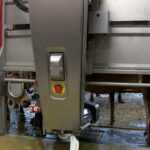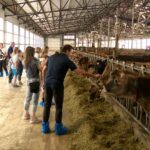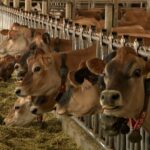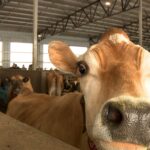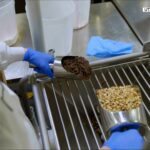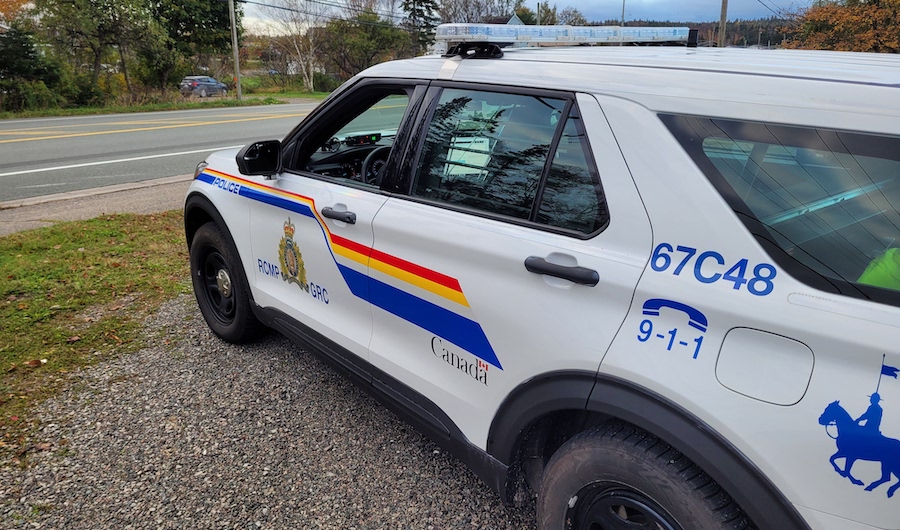Utah State University’s ‘Cow to Cone’ event shows the process of how ice cream is made
Jul 19, 2024, 7:40 PM | Updated: 8:10 pm
LOGAN — Utah State University held its first ever “Cow to Cone” event on Friday.
It’s an opportunity for the university to show people where ice cream comes from — and it’s not the store. USU also provides their students a unique vantage point in being able to see the dairy products all the way through.
It all starts on a farm where dozens of Holstein and Jersey cows are cared for and fed. And they’re also milked with the help of robots.
“Jerseys, which are the brown ones, they have a higher fat and protein in their milk,” said Dr. Bruce Richards, USU dairy extension specialist.
Richards helps run the Caine Dairy Teaching and Resource Center, where the cows are trained to walk up when they need a milking. The center can also detect how much they’ve been milked and when they might be sick, and of course help with a job, not many people want to do by hand anymore.
“I’m grateful for our dairy farmers that are willing to put in those long hours,” Richards said.
A small crowd got a tour Friday — mostly state legislators and their families.
Richards said being able to oversee the whole process and show it to people Friday helps share that appreciation for how the food gets to the kitchen table.
A student’s success
“That’s what excites me about food science is knowing the process behind how the products are made,” said Sam Clark, a USU graduate student.
Clark is working on his master’s degree in food science. He said this experience is giving students like him an extra edge.
“The knowledge, the hands-on experience, so that when I start interviewing with companies, specifically with, like, dairy companies, I can say, ‘Yeah, I’ve had experience making that in our product lab on campus,'” he said.
From keeping up with food safety standards to homogenization to adding flavors, students get to take part in all of it if they really want to.
“I’m proud of our product,” Richards said. “I’m proud that we have the way we grow it, and how far we’ve come in producing in our food production.”
USU plans to host this event every year. Through the program here, they produce milk, cheese, ice cream, and chocolate.


